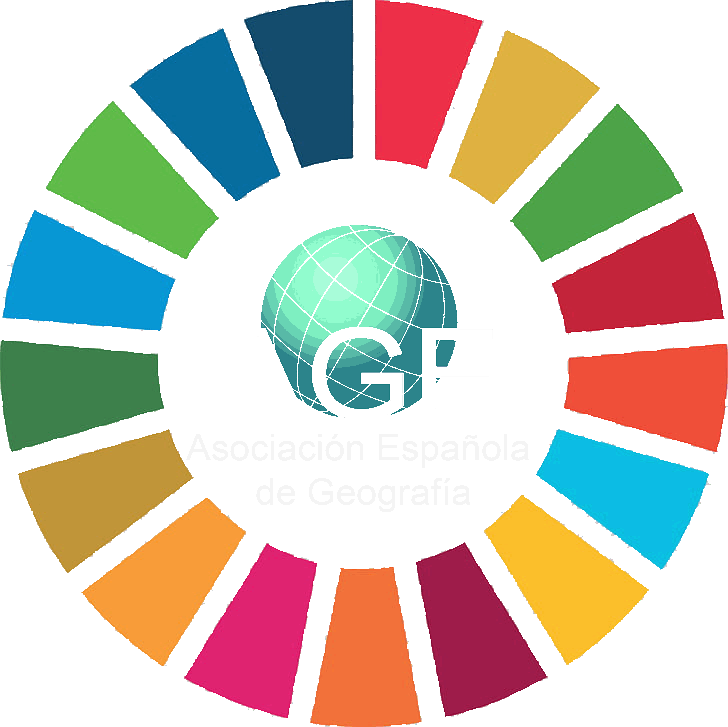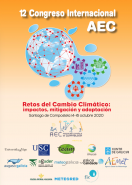26º Coloquio de la Comisión sobre la Sustentabilidad de los Sistemas Rurales de la UGI
16 julio, 20185th Global Conference on Economic Geography 2018 (GCEG 2018)
24 julio, 2018Global Conference of Economic Geography (GCEG)
Global Conference of Economic Geography (GCEG), Cologne (Germany), 24-28 July 2018
Session name: THE (POST)INDUSTRIAL ECONOMIC GEOGRAPHY: FROM DE-INDUSTRIALISATION TOWARDS RE-INDUSTRIALISATION?
Session organisers: David Bole, Marco Bontje
There is a sense that most post-industrial urban models paint a rather gloomy picture of industrial activities in cities. It is sometimes implied that manufacturing is to be avoided, upgraded into something “better”, more “creative” or “innovative”. Policy prescriptions routinely overlook industry- and place-specific factors that enable or restrict the viability of manufacturing over time.
The workshop is organised in the scope of the BRIGHT FUTURE project (funded by the JPI Urban Europe programme). The project wishes to open the dialogue on the role of industry, particularly in smaller traditional industrial towns across Europe. We wish to create new developmental paradigms better suited to the industrial reality of our towns and draw on their specific territorial capital and potential.
Papers addressing the following questions are welcome:
- Are there conceptual alternatives for (re)development of former and present industrial cities/regions?
- What are the positive and the negative development trajectories of (post)industrial cities/regions?
- Are there good practices of re-development in industrial cities/regions?
- Do the (neo)industrial cities/regions possess any differences in ideas, interests and politics in comparison to their predominantly expanded successor the ‘capitalist city’? If yes, what are the spatial, social and economic implications?
- Can the values and heritage of industrial society (unionized work, solidarity, 8-h work time, social security, etc.) still be traced in a neo-industrial city vs. a post-industrial/capitalist one?
- Can we talk about greater solidarity, social cohesion, and intergenerational dialogue in (neo)industrial cities? Can we merge all these differences under the umbrella of ‘forgotten heritage of industrial city’?
- Are there collective and individual practices connected with industrial past that could be used for future development?
These are just some examples of the questions that could be addressed in this workshop. Any other papers challenging the dominant negative notions of industrial cities/regions are also welcome.
You can submit your abstract until 15 March 2018 through the GCEG online abstract submission form at https://www.gceg2018.com/nc/call-for-sessions-and-papers/submit-an-abstract.html

